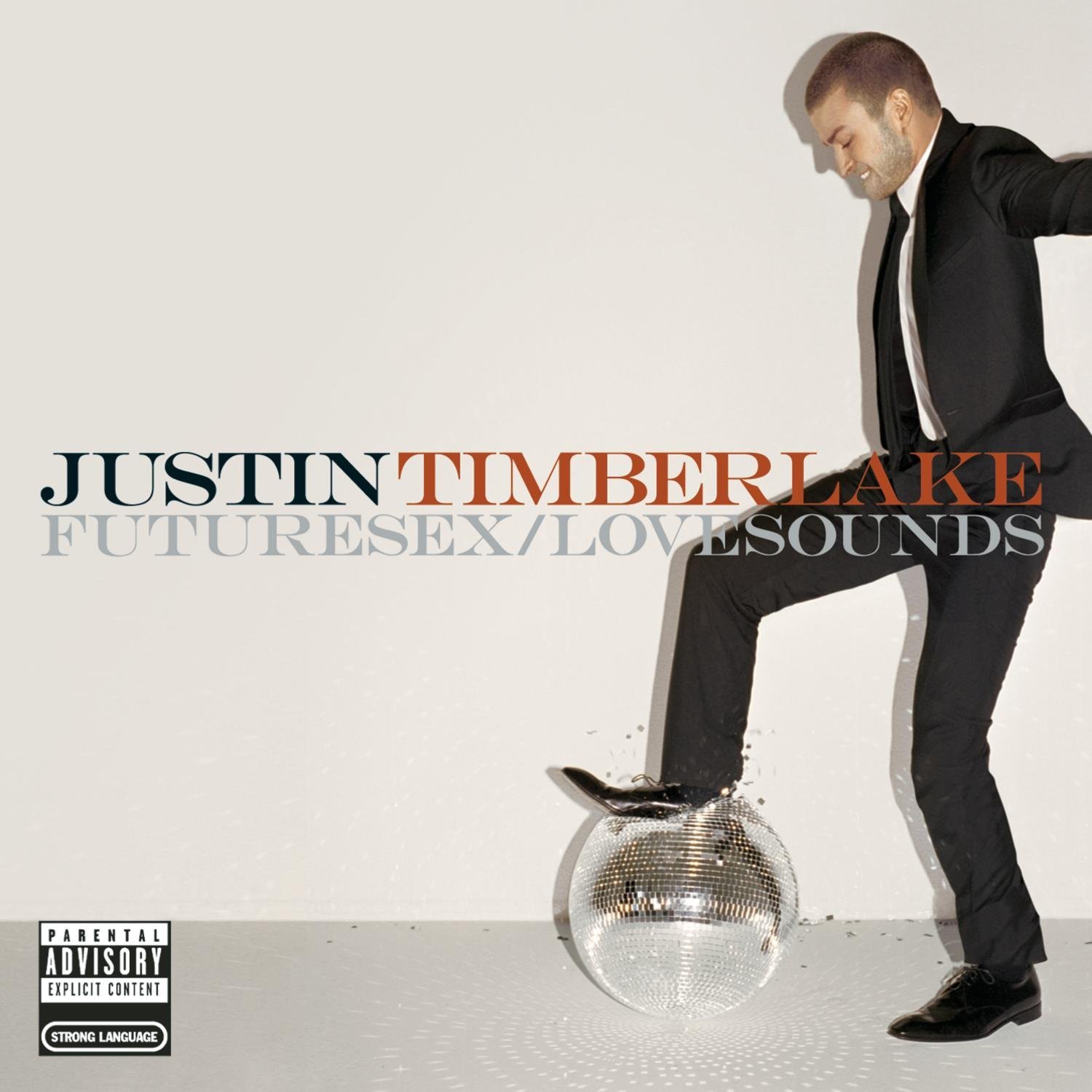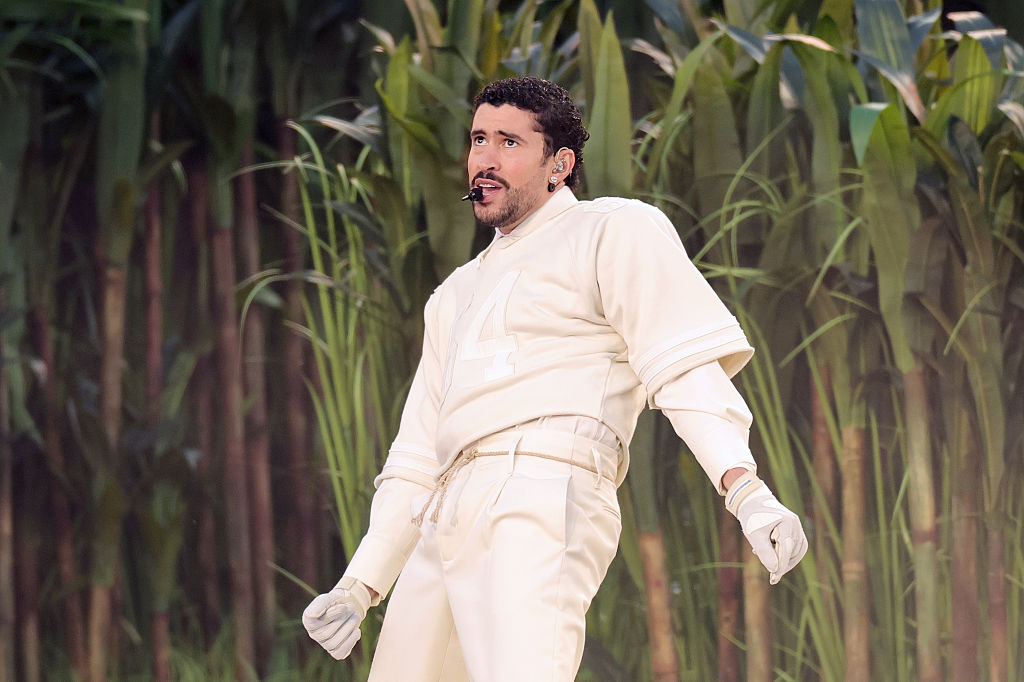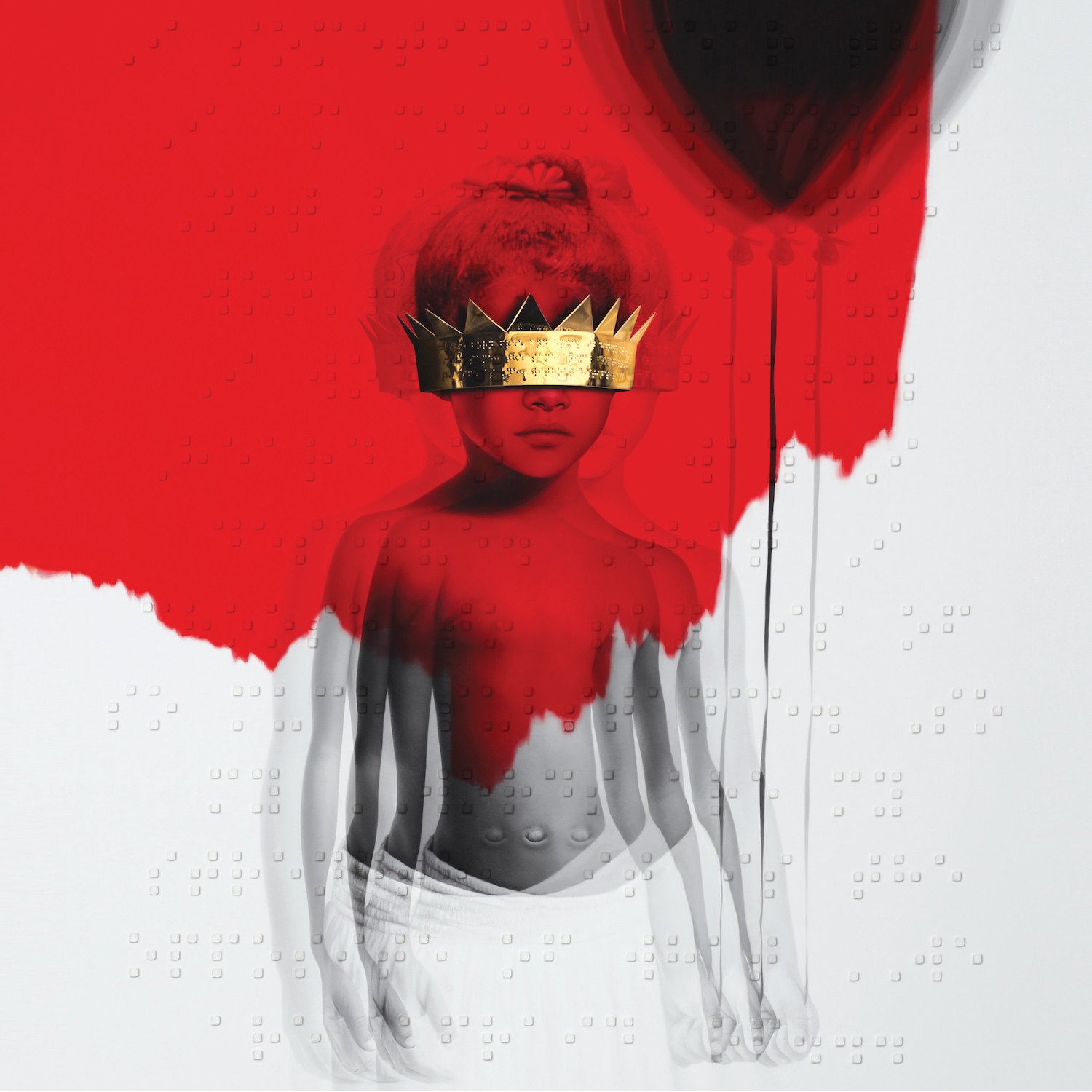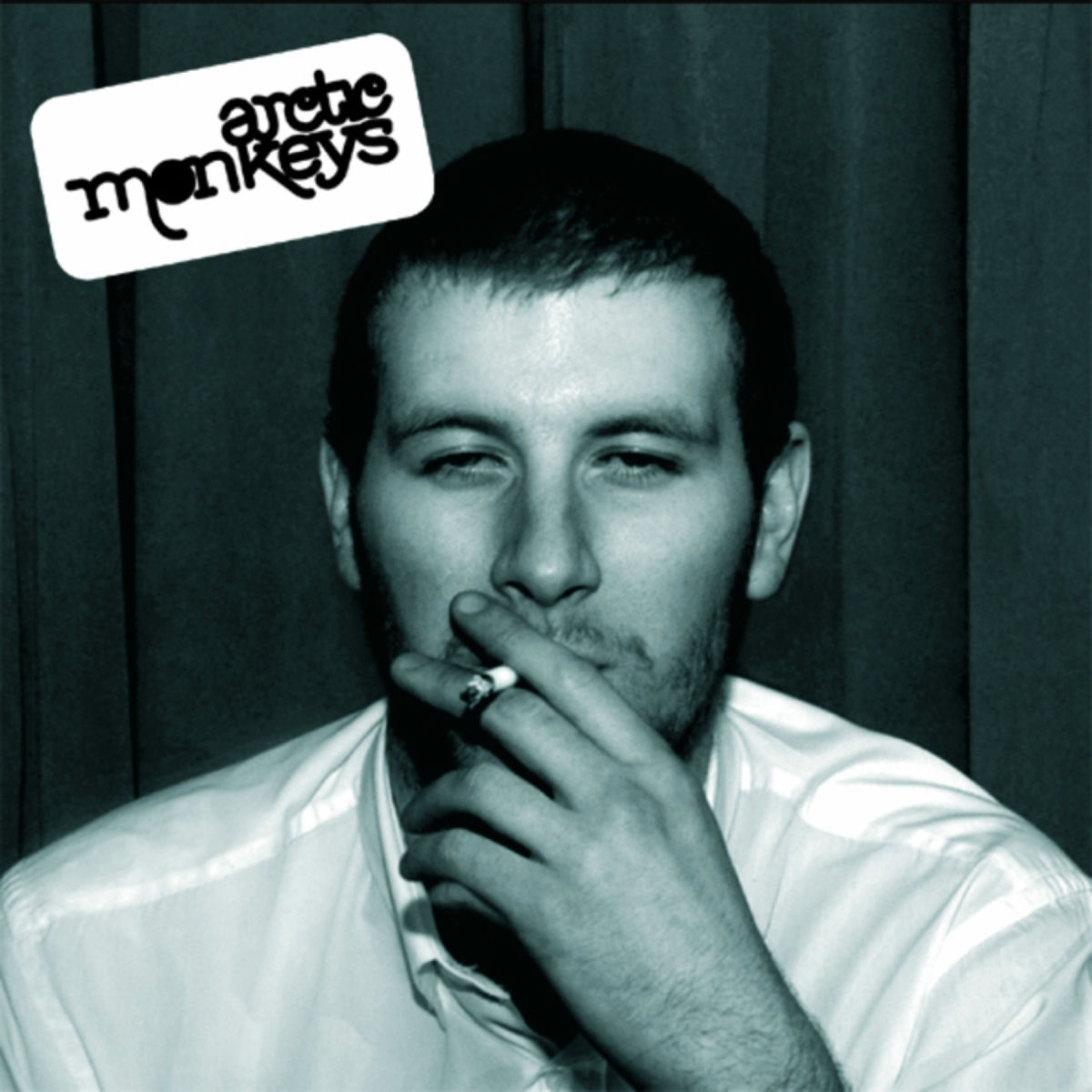Do you remember how weird and bad "SexyBack" sounded the first time you heard it? Very weird. Extremely bad.
After watching his post-'N Sync solo career pop off with 2002's impeccable Justified, Justin Timberlake took his sweet time recording a follow-up. I essentially fit an entire undergraduate education into the gap between albums. The world was growing impatient for another dose of pop perfection. And when he finally got around to dropping the first single from his feverishly anticipated sophomore LP, it sounded... like some heavy-breathing MySpace creeper doing a cheap James Murphy impression? Never mind that the title had me wondering if Timberlake was nursing a vertebrae fetish, or that the actual meaning behind "SexyBack" arguably made even less sense. As a big-budget comeback track from Michael Jackson's heir apparent, this music simply did not compute.
In truth, Timberlake and Timbaland had tapped into a fresh direction for mainstream pop, and my brain hadn't yet caught up. Nowadays, whenever somebody queues up "SexyBack," it hits like a classic. The whole of FutureSex/LoveSounds, which turns 10 years old today, was so forward-thinking that when the duo finally followed it up seven years later, the primary critique of comeback single "Suit & Tie" was how safe and traditional it sounded. With FutureSex, the two Timbs established themselves as one of music's all-time great singer-producer combos. It is one of a small handful of genuine landmark pop albums this young century has given us so far. Let's celebrate it.
Like any blockbuster pop album, FutureSex/LoveSounds was a smash first and foremost because it contained a bunch of monster hits. "SexyBack" was just the beginning. The album generated six official singles, including three #1s ("SexyBack," "My Love," "What Goes Around... Comes Around") plus another in the top 10 ("Summer Love") and two more in the top 20 ("LoveStoned," "Until The End Of Time"). These were glorious songs, catchy and rhythmically charged and marvelously inventive. But like the best blockbuster pop albums, FutureSex was more than just a collection of popular singles padded out with filler. The tracklist was uniformly excellent, all the way down to its interludes, and it held together as a creative statement thanks to Timberlake's close working relationship with Timbaland.
The Tennessee kid and the man from the big VA had teamed up for several tracks on Justified, most notably the monumental Britney Spears fuck-you "Cry Me A River," which had been Timberlake's highest-charting solo single to date. But most of the biggest hits from JT's debut were collaborations with the Neptunes, Virginia's other transformative hip-hop production geniuses. The album was defined by Pharrell and Chad Hugo's crisp, fizzy signature sound, that feeling that you're hearing funky works of art in miniature. This time, Timbaland handled the entire album, using it as a petri dish to expand his own groundbreaking style.
At this point, Timbo's contributions to music were already legendary. His deconstructed pops, snaps, and skitters had buoyed some of the most visionary singles in history, helping introduce stars like Aaliyah and Missy Elliott and eventually appearing on hits by virtually every major figure in rap and R&B. In the decade leading up to FutureSex/LoveSounds, no beatmaker was better. And although some of his work had seeped into the top-40 universe before, with this album and Nelly Furtado's concurrent Loose, he properly bum-rushed the pop charts, making himself so famous he could release several of his own #1 singles the following year.
Part of that notoriety was because, as always, Timbaland wove himself into the fabric of the music, officially guesting on several tracks and always lingering as a background presence. Just as importantly, though, he was trying new ideas, finding different paths for his inspiration. If FutureSex was a departure for Timberlake, branching out beyond the pop and R&B of his youth to explore trance, hip-hop, rock, funk, soul, new wave, and more, it also marked new territory for his producer. Inspired by art music icons like Prince and David Bowie, they veered across genres and landed on a brand of artful club music that made incredibly complex compositions feel spry and minimal and deeply sexy.
About that sexiness: Timberlake, too, was already an icon of sorts, having emerged as the face of the Y2K-era boy band craze thanks to his place out front of 'N Sync and his highly publicized relationship with Britney Spears. With Justified, he cemented his status as a solo star, but not until FutureSex/LoveSounds did he come across as truly adult. Sex is right there in the album title, of course, and it seeps into almost every song. That said, most of these are not bedroom tracks so much as preludes to the bedroom; they capture woozy, sweaty dance-floor flirtations and bursts of starry-eyed infatuation. Timberlake was 25 and unattached, so naturally he made an album stacked with singles about being ready to mingle.
Good thing he did, too, or else we might live in some dystopian future without "My Love," one of the best songs ever by everyone involved. Don't get me wrong, every single on FutureSex is a triumph: "LoveStoned," which turned vocal sounds and symphonic strings into a hormone-fueled thrill ride; "Summer Love," which was booming and clapping like a heartbeat long before the world met Charli XCX; the exquisite throwback slow jam "Until The End Of Time," a rare instance of classicism on a pioneering collection; "What Goes Around… Comes Around," a kiss-off so majestic that no one cared it was “Cry Me A River” all over again; and even "SexyBack," a parade of distorted hooks over a jarring dance-punk disruption that, once you wrapped your mind around it, was imprinted on your body's pleasure receptors forever.
Still, I don't think we'd remember FutureSex/LoveSounds as an elite pop album without "My Love." My God, "My Love"! Those shimmering synths, that thunderous trap beat, the space-age keyboard squelches, those drums fills!? Not to mention the way Timberlake's vocal effortlessly glides from slinky falsetto skyscraping down to side-stepping staccato and back, or how T.I. shows up to casually deliver one of the all-time greatest rap guest verses on a pop song. It's a tune about falling in love on the spot, and it had a similar effect among listeners. And in a larger sense, it completed an opposite kind of arc, bringing a long-gestating change to fruition: It was the moment even the staunchest boy band hater had to admit Justin Timberlake was a force to be reckoned with.
[videoembed size="full_width" alignment="center"][/videoembed]
[videoembed size="full_width" alignment="center"][/videoembed]
[videoembed size="full_width" alignment="center"][/videoembed]
[videoembed size="full_width" alignment="center"][/videoembed]
[videoembed size="full_width" alignment="center"][/videoembed]






